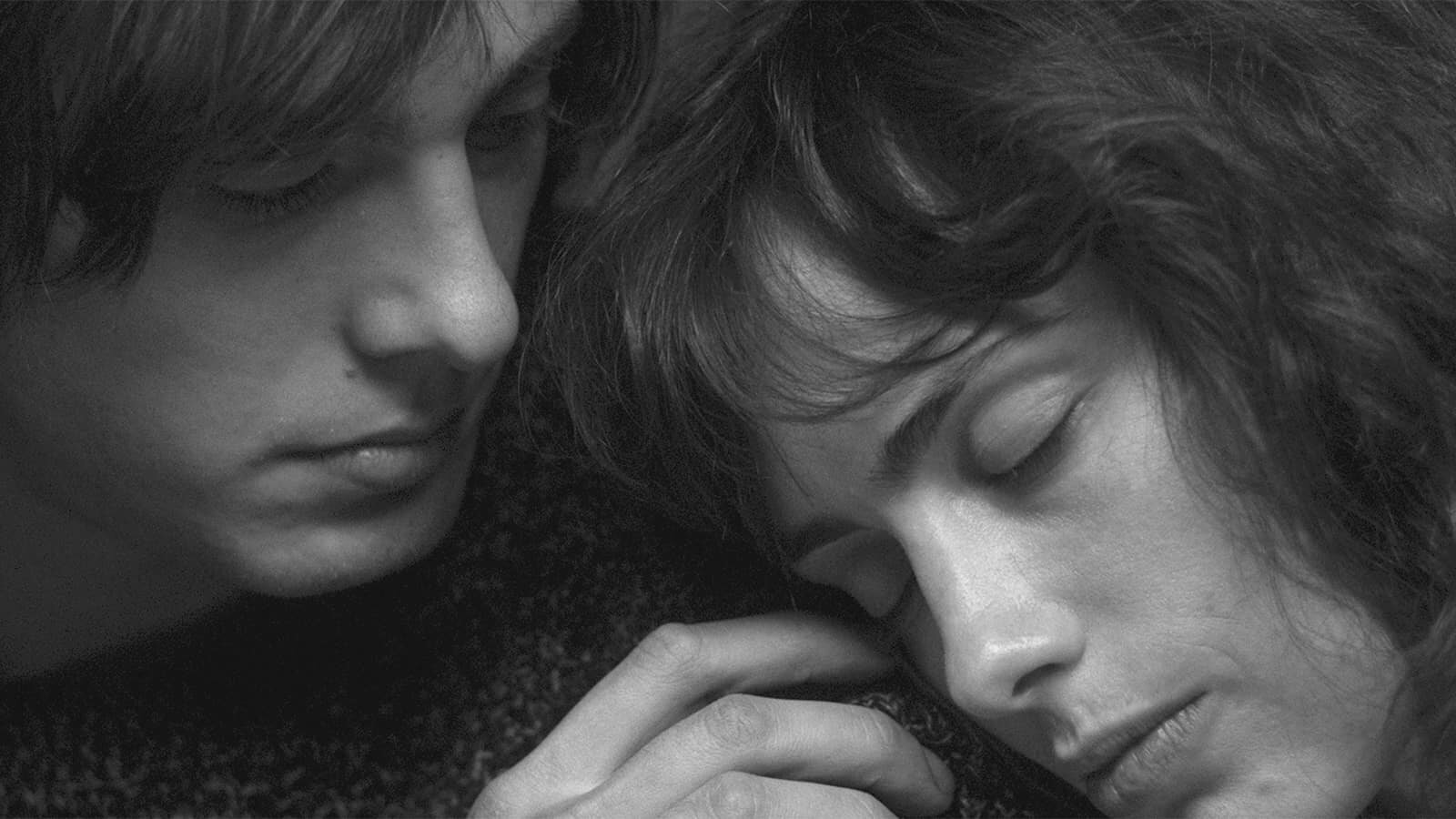A Paris Education
French students in Paris take film courses in a piece that will attract many film buffs.
In France Jean Paul Civeyrac is an established writer-director, but A Paris Education is the first film of his to obtain a release here. In making this work Civeyrac has embraced something new for him that is nevertheless a recognised thread in French cinema. What he gives us is one of those long studies of French life featuring a range of friends who are relatively young and making their way in life. Such pieces often take place in Paris and offer a kind of group portrait rather than developing a strong storyline. Way back in 1973 Jean Eustache's hit film The Mother and the Whore paved the way for this genre and Arnaud Desplechin (Ma vie sexuelle, 1996) and Philippe Garrel (Regular Lovers, 2005) are among those who often favour this kind of approach and think nothing of making films that last between two and three hours or even longer.
It is a model that obviously has its appeal for some. Nevertheless, sustaining such long works is a challenge and all the more so when plot as such counts for so little with the emphasis being placed instead on everyday lives and the minutiae of changing relationships, an approach that often becomes very episodic. It is a failure to meet this challenge fully that results in the first half of A Paris Education proving far more engaging than the second. For film buffs attuned to French cinema, there is an easy appeal at the outset as the film follows Etienne Tinan (Andranic Manet) from Lyon to Paris. He is one of the many who leave provincial France for the capital to study and in his case his subject is film linked to ambitions to become a director. Fellow students whom he meets include Jean-Noël (Gonzague Van Bervesselès) who is openly gay and the opinionated Mathias (Corentin Fila) whose air of superiority and whose readiness to criticise the others lead some to hate him although many, Etienne included, feel that he is to be admired and treat his most cruel comments as a stimulus to do better.
These characters along with the activist Annabelle (Sophie Verbeeck) and other young women in Etienne's life may stand as representations of modern youth but, cinematically speaking, Civeyrac also has his heart in the past. The days of the Nouvelle Vague are conjured up in the black and white 'Scope photography, the use of classical music on the soundtrack (much Bach and the Mahler Adagietto now associated with Death in Venice) and the arty discussions by the students (mention of Pascal, Flaubert and Novalis crop up alongside film references and an actual clip from Paradjanov's Sayat Nova better known to us as The Colour of Pomegranates).
There is much pleasure in all this and the subsidiary figures around Etienne are well realised and aptly cast. Etienne himself, however, just drifts through the narrative without developing as a character and Manet who looks the part brings no personal charge to the role to compensate for that. As the film proceeds through four titled episodes and a coda, one finds that both Etienne's love life and his progress as a potential filmmaker grow less and less gripping (the extent of his ability as a director remains unclear). At a more standard length (105 minutes, say), A Paris Education might have held up, but stretched to 137 minutes its appeal weakens steadily and any claims it might have had to being a significant portrait of French life today comes to feel a touch pretentious. But that is not to deny that the film has its pleasures, particularly in its first half.
Original title: Mes provinciales.
MANSEL STIMPSON
Cast: Andranic Manet, Gonzague Van Bervesselès, Corentin Fila, Diane Rouxel, Jenna Thiam, Sophie Verbeeck, Valentine Catzeflis, Charlotte Van Bervesselès, Nicolas Bouchaud, Laurent Delbecque, Jeanne Ruff.
Dir Jean Paul Civeyrac, Pro Frédéric Niedermayer, Michèle Pétin and Laurent Pétin, Screenplay Jean Paul Civeyrac, Ph Pierre-Hubert Martin, Pro Des Brigitte Brassart, Ed Louise Narboni, Costumes Claire Dubien.
Moby Dick Films/ARP Sélection/ARTE/Cofinova 13/CNC-New Wave Films.
137 mins. France. 2019. Rel: 14 February 2020. Cert. 12A.


